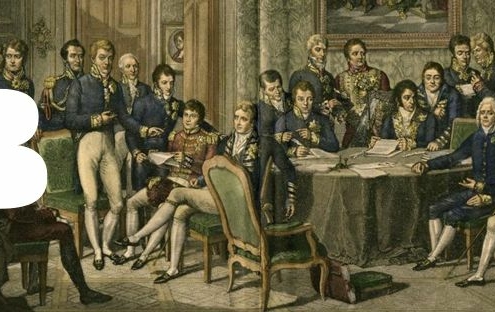
What is it like to be a goshawk ?
aldo 5-10.000, DeepDipWhat is it like to be a goshawk? Helen Macdonald sought to find out – not through theory, but through experience. Her book, H is for Hawk, is not just about falconry – it’s about patience, attention, and connection. Aldo Matteucci writes.

Between theory and practice: Rethinking diplomatic theory
aldo 5-10.000, DeepDipDiplomatic theory says: follow orders. Practice shows: shape reality. Between theory and practice lies the diplomat’s quiet craft. Aldo Matteucci asks if theory can catch up.

Weapons of Emotional Destruction
aldo 5-10.000, RevisitWhat if the internet’s true legacy isn’t connection, but emotional warfare? In 2015, Aldo Matteucci asked whether we’ve unleashed a fire that even Shiva could not contain.

Piercing the fog of ambiguities
aldo 5-10.000, DeepDipThe text delves into the complexities of disambiguation in anthropology and the evolution of morals, cautioning against projecting present understanding onto the past. It warns that disambiguation may not lead to truth but rather to contingent outcomes based on accepted opinions. The process is described as a continual challenge to common sense and can lead to a deeper but more complex understanding, rather than an absolute truth. The author also critiques the practice of searching for predetermined answers in historical texts, emphasizing the ambiguity of the past over its authenticity.

Climate-change refugees: A misleading analogy
aldo 5-10.000, DeepDip BlogsAnalogies are powerful but may lead to misleading conclusions. An analogy comparing climate-change refugees to war refugees raises questions about entitlements, complexities, and distinctions. The concept of climate change refugees is scrutinized, touching on settlement issues, distinguishing genuine need, anthropogenic vs. natural causes, and economic impacts. The writer cautions against solely relying on analogies, as they can oversimplify intricate issues. The emotional response to analogies can cloud rational analysis, making it crucial to balance emotional and logical considerations when addressing complex problems stemming from climate change.

Is “proportionality in war” OK?
aldo 5-10.000, DeepDipA landmark document called the Tallinn Manual on Cyber Warfare sets rules for international cyberwarfare based on existing laws of conventional war. It emphasizes the importance of proportionality to avoid unnecessary loss of life, drawing parallels with economic concepts like efficiency. The focus on proportionality has become prominent in modern warfare discussions, shifting from seeking peace to prioritizing proportional actions. There is a concern that concentrating on proportionality as "second best" may not be ideal, and war has become commodified, lacking historical and contextual depth. The message advocates for addressing each war uniquely to find a way forward towards peace.

Trent: the first multilateral negotiation
aldo 5-10.000, DeepDipThe Council of Trent (1545-1563) was likely the first multilateral negotiation, involving the Pope, Bishops, and representatives of major rulers to address Catholic doctrine and reform. Despite debates and disagreements, the Council established unifying canons but failed to reconcile with the Reformation fully. The assembly created procedural structures familiar in modern multilateral relations. While earlier councils condemned heretics, Trent used indirect approaches, akin to modern conflict resolution strategies. The Council's outcomes were notable for what was left undecided. The post-Council period saw varied reactions to its mandates, with ongoing efforts towards Church reform.

The perfect internet storm
aldo 5-10.000, DeepDip BlogsThe text discusses the intense impact of unexpected internet virality on individuals like Jason, referencing a specific case involving the Kony2012 campaign. It details the overwhelming logistical and integrity challenges faced by those thrust into the spotlight. The narrative authenticity is scrutinized, and a battle for control over the story ensues. Despite the turmoil, positive outcomes are highlighted, such as increased global awareness and change in policy. The text suggests a shift towards a politics of common purpose driven by positive emotions.

The soft underbelly of “soft” power – I
aldo 5-10.000, DeepDip Public diplomacy, Soft power diplomacyThe message critiques the concept of "soft power" as vague and lacking in substance. It contrasts "hard power" as external influence with "soft power" based on shared values, illustrating the difficulty of transitioning between the two. A storytelling example and a case study demonstrate the challenges of combining external inducements with internal conviction. The critique suggests that "soft" power cannot be monetized, only shared like in a family, and questions its effectiveness in shaping global politics.

Climate change abatement and small countries
aldo 5-10.000, DeepDip Climate diplomacy, Diplomacy of small states BlogsThe text discusses the complexity of climate change negotiations, particularly the issue of equity regarding small countries' representation. It questions the usefulness of the "one country one vote" criterion in these negotiations, highlighting potential challenges and suggesting early compensation agreements as a pragmatic solution. The author expresses uncertainty on how to address this conundrum effectively and welcomes thoughts on the matter.

